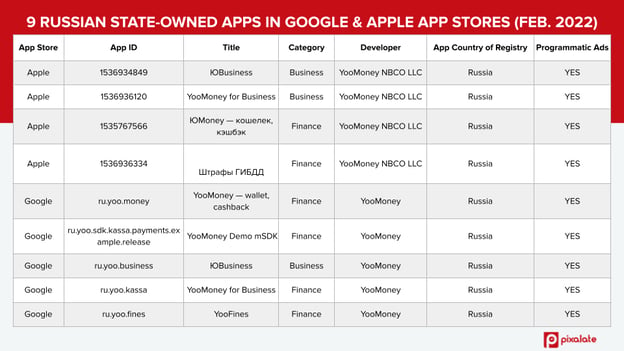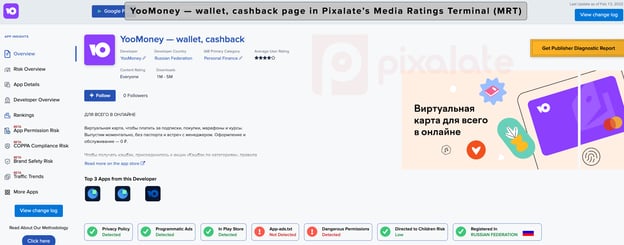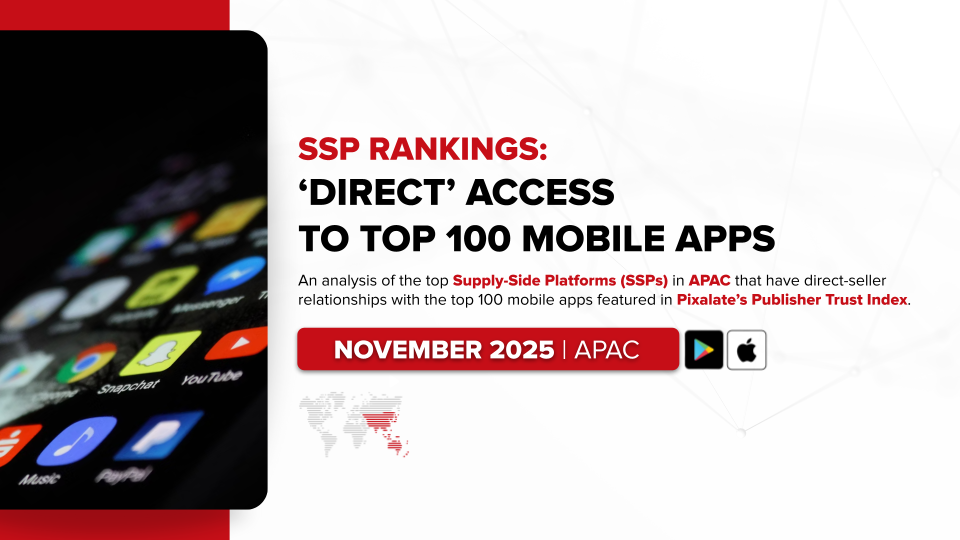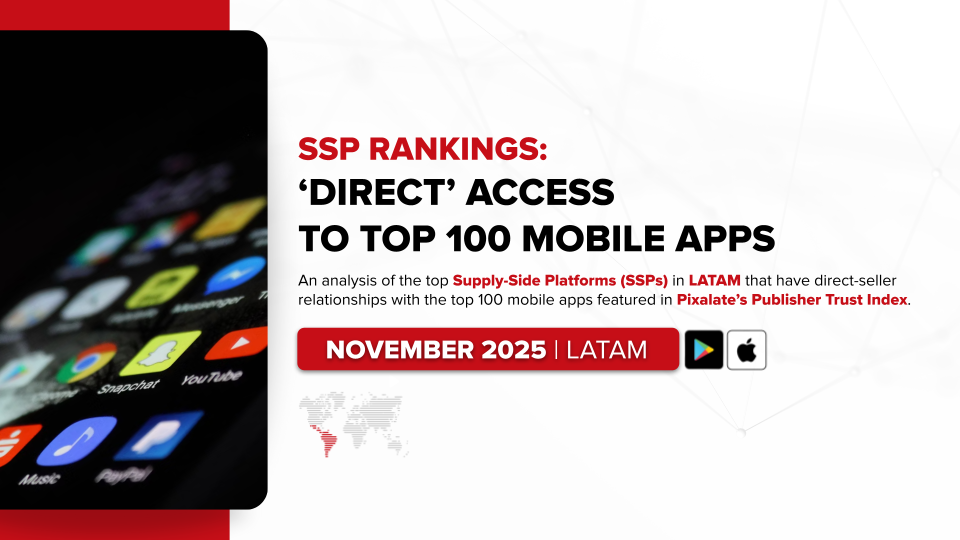The Office of Foreign Assets Control (“OFAC”) from the U.S. Department of Treasury maintains lists of sanctioned countries, persons and companies. Individuals and entities in the U.S. (including U.S. branches or subsidiaries of foreign entities) doing business overseas must have robust compliance policies and controls in place to ensure they do not transact with any OFAC-sanctioned countries, entities or individuals. For Russian companies, much of the financial industry is sanctioned currently.
On February 24, 2022, OFAC updated its Russian-related designations and included YooMoney on its correspondent account or a payable-through account (CAPTA) list of sanctioned companies under Executive Order 14024 Directive 2, which covers “prohibitions related to correspondent or payable-through accounts and processing of transactions involving certain foreign financial institutions.”
9 YooMoney apps in the Google and Apple App Stores

There are 9 apps from YooMoney available for download on the Google and Apple app stores as of February 25, 2022. In 2020, YooMoney (then operating as Yandex.Money) was wholly acquired by Sberbank, a state-owned Russian bank.
YooMoney’s most popular app on the Google Play Store, called “YooMoney — wallet, cashback,” has over 1 million downloads. All 9 of the apps are monetized via programmatic advertising, according to Pixalate’s data.

See the 9 apps here, including which permissions they request access to (such as GPS coordinates and camera).

Disclaimer
The content of this blog reflects Pixalate’s opinions with respect to the factors that Pixalate believes can be useful to the digital media industry. Any data shared is grounded in Pixalate’s proprietary technology and analytics, which Pixalate is continuously evaluating and updating. Any references to outside sources should not be construed as endorsements. Pixalate’s opinions are just that, opinions, which means that they are neither facts nor guarantees. It is important to note that the mere fact that an app receives “dangerous permissions” (as defined by Google) does not necessarily mean that such app, or its publisher, is actually exploiting data. Instead, Pixalate is merely rendering an opinion that personal data-related permissions may be suggestive of heightened risks to data subjects.









